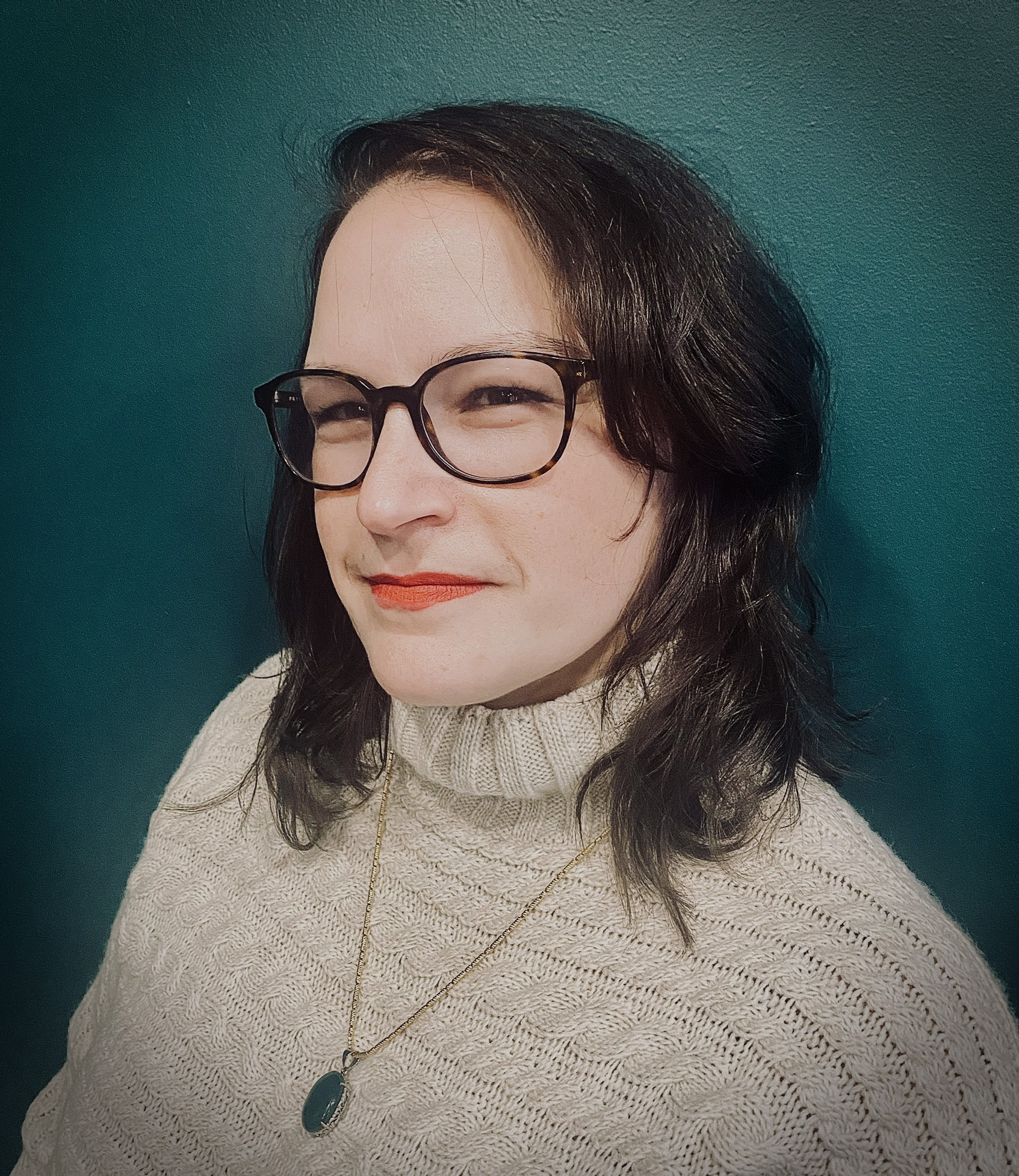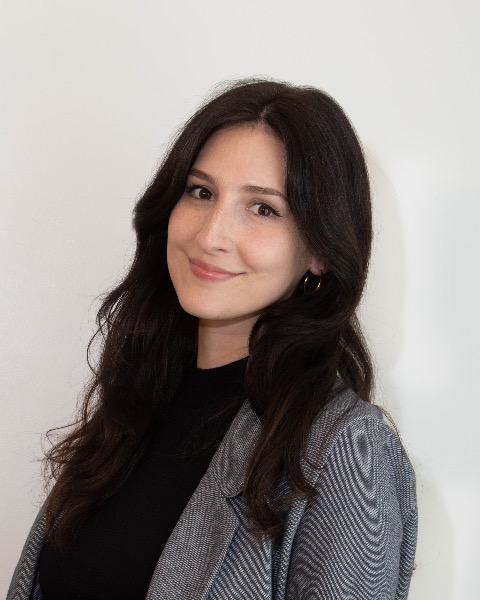Symposia
Couples / Close Relationships
1 - (SYM 36) Can You Treat Borderline Personality Disorder Through a Couple Therapy? An Uncontrolled Trial of Sage
- SV
Sonya Varma, M.A. (she/her/hers)
Doctoral Student
York University
East York, Ontario, Canada 
Rachel Liebman, Ph.D.
Clinical Psychologist
University Health Network
Toronto, Ontario, Canada- JT
Jenna Traynor, PhD
Research psychologist
McLean Hospital
Belmont, Massachusetts, United States 
Elizabeth A. Earle, B.A.
Clinical Psychology Graduate Student
York University
Toronto, Ontario, Canada- RV
Ruth Vanstone, MA (she/her/hers)
PhD Student
York University
tORONTO, Ontario, Canada 
Lindsay Fulham, M.A.
Graduate Student
York University
Toronto, Ontario, Canada- Lw
Lindsay wyatt, mA (she/her/hers)
Clinical Psychologist
Green Leaf Psychological Services
halifax, Nova Scotia, Canada - MB
Michelle Blumberg, MA (she/her/hers)
PhD Student
York University
tORONTO, Ontario, Canada 
Ashley N. Siegel, B.S.
Student
York University
Thornhill, Ontario, Canada- AD
Alyssa A. Di Bartolomeo, B.A., M.A.
Clinical PhD Student
York University
Toronto, Ontario, Canada - JB
Jessica Burdo, MA (she/her/hers)
PhD Student
York University
Toronto, Ontario, Canada - AC
Alison Carney, MA (she/her/hers)
PhD Student
Toronto Metropolitan University
Toronto, Ontario, Canada - NE
Naomi Ennis, PhD
Psychologist
private Practice
Mississauga, Ontario, Canada - DC
Davey Chafe, PhD
Psychologist
Private practice
Toronto, Ontario, Canada - NN
Nikoo Norouzian, MA
PhD Student
York University
Toronto, Ontario, Canada 
Candice Monson, Ph.D. (she/her/hers)
Professor
Toronto Metropolitan University
Toronto, Ontario, Canada
Skye Fitzpatrick, Ph.D. (she/her/hers)
Assistant Professor
York University
Toronto, Ontario, Canada
Author(s)
Co-author(s)
Co-Author(s)
Borderline personality disorder (BPD) is centrally characterized by relationship dysfunction. Targeting BPD in the context of the relationships that it is embedded within may optimize outcomes and broaden them to include improvements in relationship functioning. However, frontline BPD treatments are individually delivered and do not routinely incorporate significant others or target relationship functioning. Further, people who are in close interpersonal relationships with individuals with BPD (e.g., significant others) report mental health difficulties but have little access to mental healthcare. Members of our team therefore developed Sage; the first manualized conjoint treatment for people with BPD and their intimate partners that targets BPD severity, relationship conflict, and partner mental health. An initial case series of Sage showed promising preliminary outcomes, but more testing is needed. This project therefore constitutes the first uncontrolled trial of Sage. Sixteen people with BPD who engaged in recent and chronic suicidal or self-injurious behaviors or had elevated suicidal ideation, as well as their partners, were enrolled in Sage and completed primary (BPD severity), secondary (relationship conflict and partner mental health), and exploratory (e.g., relationship satisfaction, emotion dysregulation) outcome measures at pre-, mid-, and post-intervention, and at a three-month follow-up. Intent-to-treat multilevel modelling suggests that people with BPD exhibited significant improvements from pre-treatment to follow-up in BPD severity (p = .019, Hedge’s g = 1.34) and emotion dysregulation (p = .008, Hedge’s g = 1.91), as well as a range of other exploratory outcomes. Most partner mental health variables did not improve, nor did reports of relationship conflict or satisfaction in either member of the couple. Findings suggest that Sage may be efficacious in improving the mental health of people with BPD. Although its benefits on relationship functioning and partner mental health are less clear, these variables were generally not distressed at baseline, resulting in potential floor effects. Sage may be a meaningful way of engaging people with BPD and their key community members (i.e., intimate partners) in treatment, with the potential for broader psychosocial effects than individual psychotherapies.

.png)
